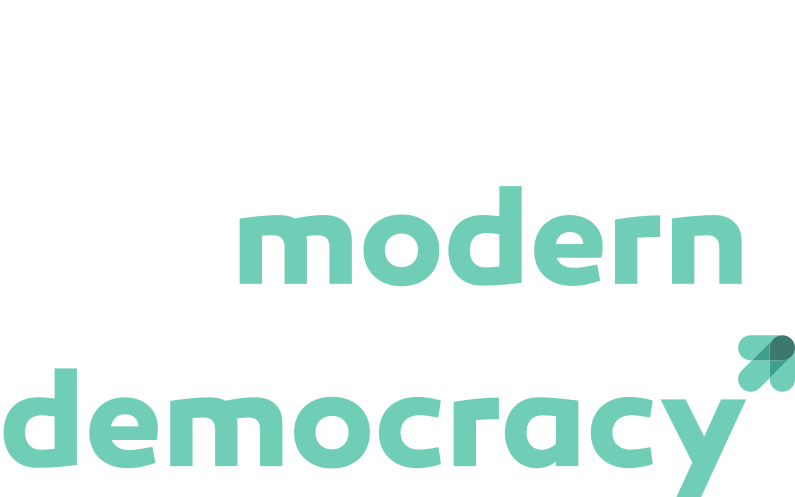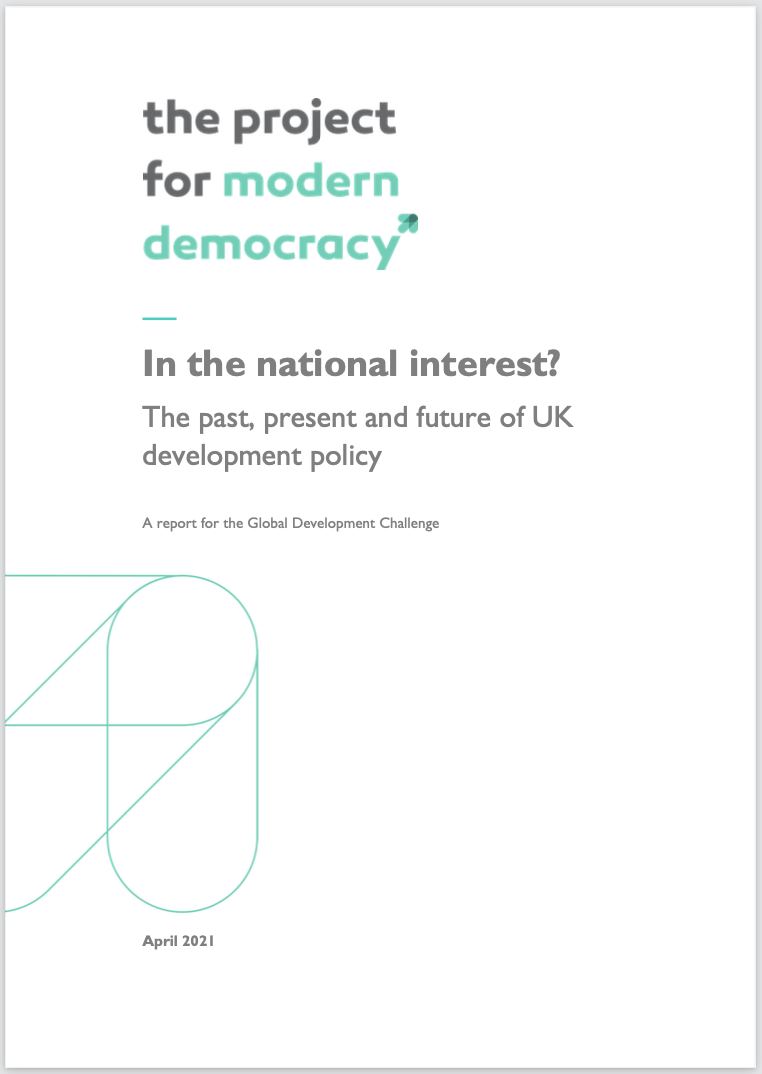The second report of the Global Development Challenge project was published on 13 April 2021. The report examines UK development policy over the past 100 years and assesses the role of development aid in the ‘Global Britain’ foreign policy strategy.
The report puts forward 10 recommendations to ensure the UK remains a world leader in international development.
Following the merger of the Department for International Development with the Foreign & Commonwealth Office and a sharp the cut to the aid budget, concerns have mounted that development is being deprioritised. The report examines the impact of such mergers in other countries and the arguments for & against aid.
By tracing UK development policy throughout the 20th century and into the 21st, the report finds that not only has British aid had a positive impact on the world’s most vulnerable, the UK also benefits from having a strong and reputable aid programme.
The comprehensive, 150-page report, which was funded by the Bill & Melinda Gates Foundation, concludes that it is in the UK national interest to make a success of its work in international development and presents a series of policy proposals for the Foreign, Commonwealth & Development Office to consolidate an international development strategy that enjoys the support of the public, commands respect from Britain’s allies, and is consistent with the vision of Global Britain.
These recommendations are:
Maintain the legal commitment to spending 0.7 per cent of GNI on development aid
Strengthen political oversight of the ODA budget
Commit to a long-term strategy for international development
Put transparency at the heart of the FCDO’s work
Drive a common global standard around verifying impact of aid programming
Champion the role of UK aid
Prioritise global public health
Invest in R&D to address market failures and drive a stronger vision for the provision of public goods
Maintain UK spending through multilaterals
Be an exemplary global leader and forge a bold vision for international development for the coming decades
In a foreword to the report, Lord Herbert of South Downs, who chairs The Project for Modern Democracy, says: “The values of international development do not conflict with the UK national interest, and it is disappointing that governments have not been able to argue persuasively how aid spending benefits Britain. This report aims to mount such a defence both methodically and logically, whilst paying constant attention to the relationship between national interest and values-based international action.
A successful aid policy will not be founded on shallow populism, but rather on sound evidence and a clear-sighted view of what is morally right as well as what is in the UK’s national interest. ‘Global Britain’ cannot be forged by higher defence spending or new trade deals alone: it will also depend on the effective use of soft power. There is still time for the Government to restore aid spending, ensure the success of its newly merged department, and retain the mantle of global leadership in international development which the world needs.”
The Project for Modern Democracy is grateful to the Coalition for Global Prosperity for their partnership in launching the report.


